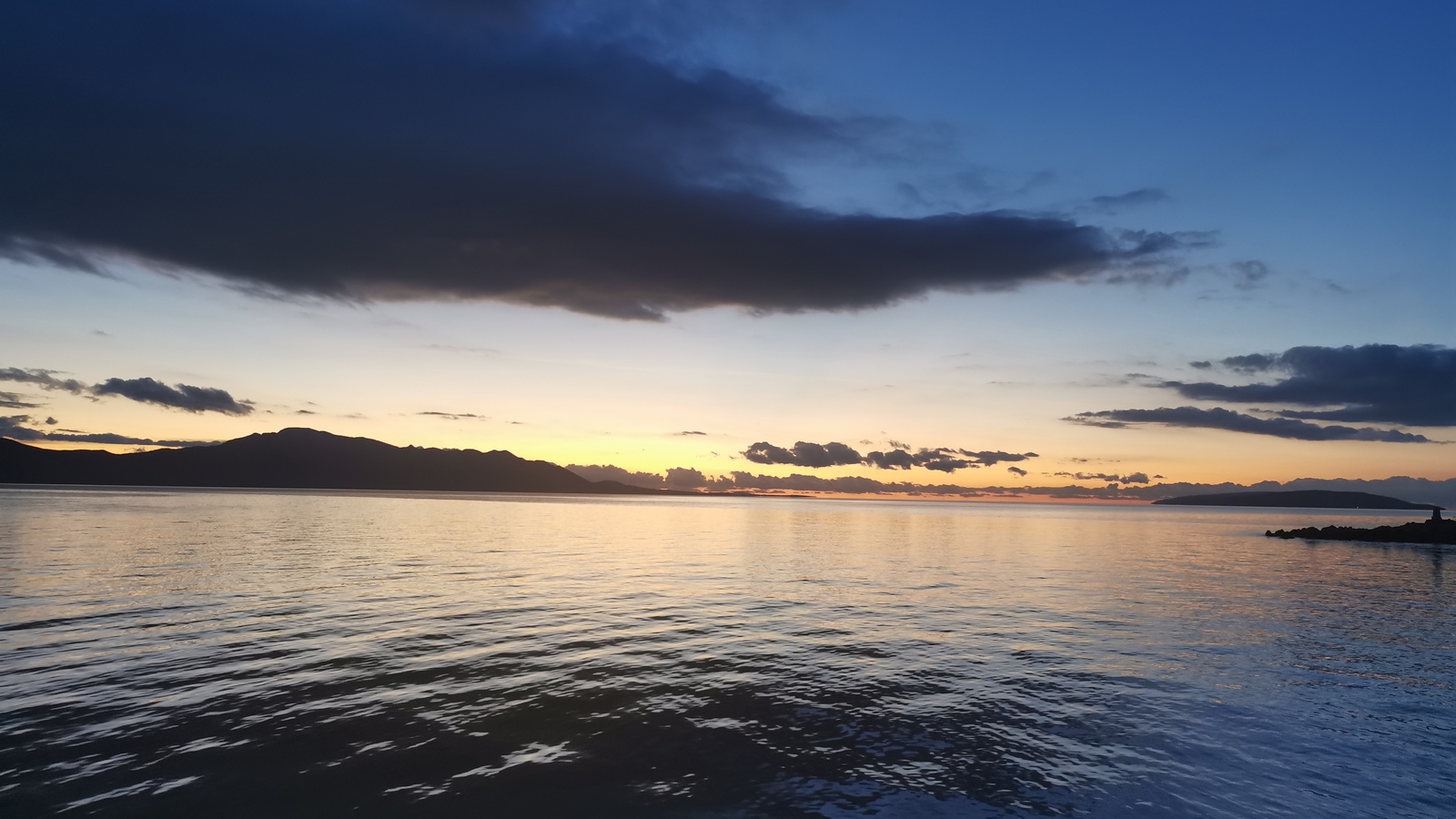The team at the Ruđer Bošković Institute (IRB) is led by Dr. Vlatka Filipović Marijić from the Laboratory for the Biological Effects of Metals. Team members also include scientists from the Division for Marine and Environmental Research, Dr. Vlado Cuculić, Dr. Tatjana Mijošek Pavin, Dr. Dario Omanović, Dr. Tvrtko Smital, and Dr. Damir Valić, as well as Dr. Marko Rožman from the Division of Physical Chemistry.
AdriPlast, officially titled "Adriatic Sea and Plastic and Microplastic Pollution from Freshwaters—an Adrion Territorial Challenge," spans 36 months and is funded through the Interreg IPA ADRION program.
Designed as a response to the key challenges of plastic pollution, AdriPlast tackles the issues stemming from improper waste disposal and the slow degradation of plastics, which exacerbates the problem. Microplastics enter food chains, disrupting ecological balance and increasing health risks for humans.
As part of the project, scientists will develop a unified methodology for monitoring and analyzing plastics and microplastics in rivers, transitional waters, and marine ecosystems, which will help create a comprehensive database accessible to all stakeholders.
In addition to research, AdriPlast aims to motivate local communities and decision-makers to take concrete steps towards reducing plastic pollution. The long-term plan includes guidelines for better collaboration between scientists, local authorities, and industries.
Education and public awareness are crucial elements of the project. Scientists will organize workshops, campaigns, and community initiatives to raise awareness about the problem and encourage people in the communities to be part of the solution.
"Plastic pollution isn't a problem that can be tackled in isolation. It requires collective action, knowledge sharing, and community engagement. Through AdriPlast, we aim to achieve this through scientific research and collaboration with local communities," emphasized Dr. Vlatka Filipović Marijić, the project coordinator at the Ruđer Bošković Institute.
The lead partner of the project is the Italian University Consortium for Socioeconomic Research and for the Environment (CURSA), with other partners including the University of Ferrara (Italy), National Institute of Biology (Slovenia), Institute for Biological Research "Siniša Stanković" (Serbia), Institute of Public Health of Montenegro (Montenegro), and the National Center of Environmental Movement (Albania). The total project budget amounts to €1,428,477.65, with €282,599.98 earmarked for IRB.
AdriPlast provides a framework for concrete changes in how the region manages plastic waste and preserves the environment. The project sends a clear message: only through joint efforts can we protect the Adriatic Sea and other aquatic ecosystems—not just as natural resources, but as a legacy for future generations.




